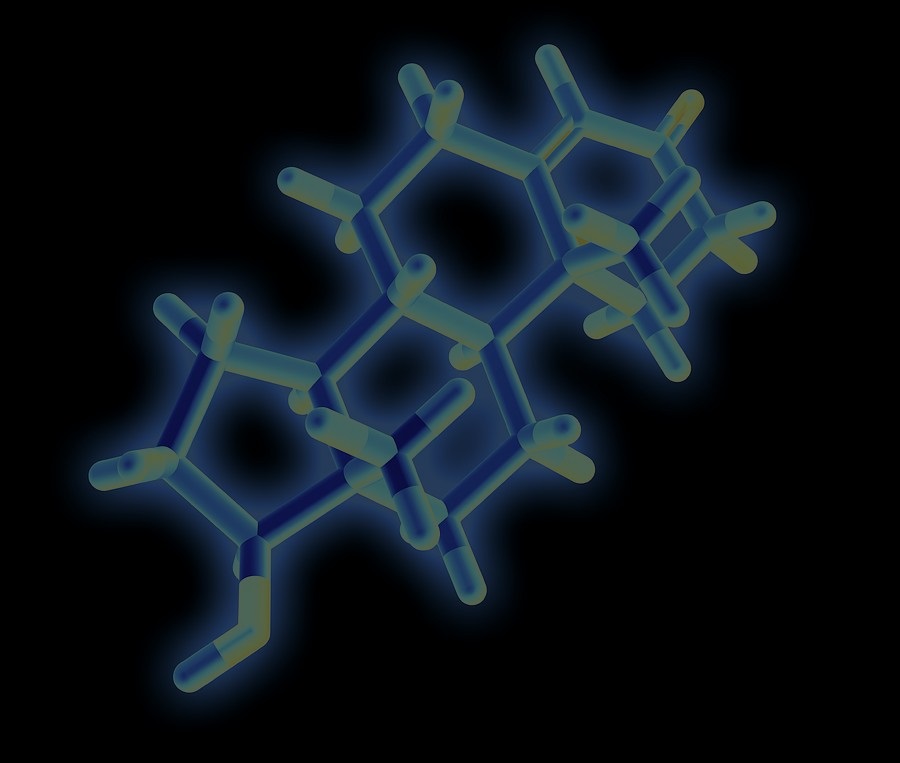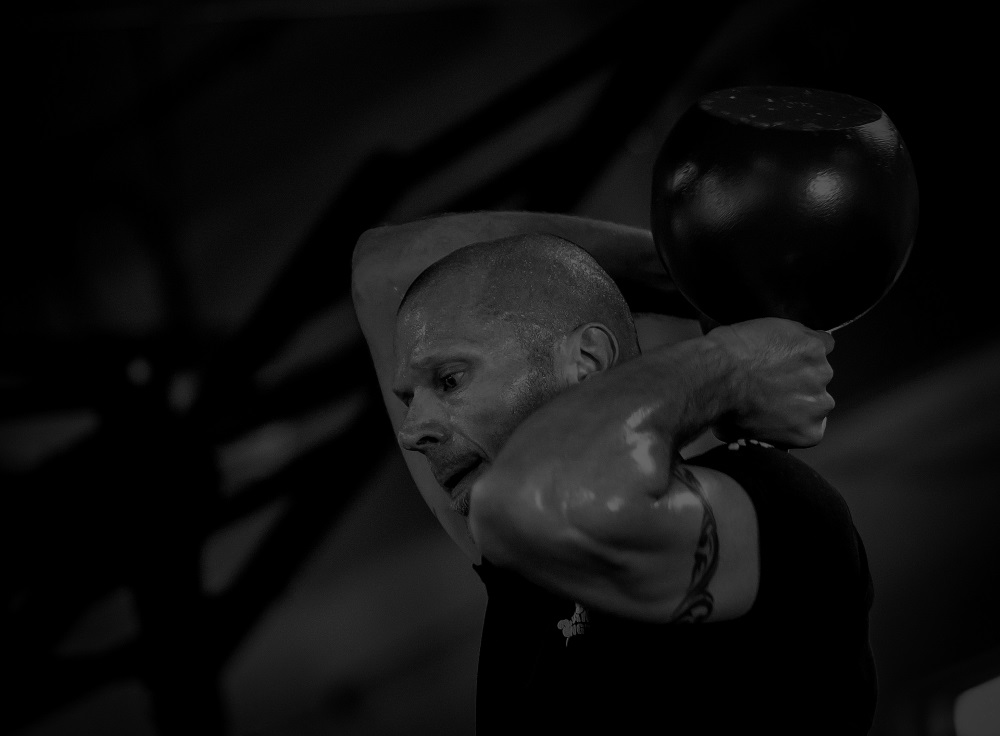Common Signs of Low Testosterone
If you feel sluggish, struggle with sleep, are overweight, find it harder to physically keep in shape, or simply feel a little slower than you were a few years ago, then without realising it you may have low levels of testosterone.
-
Decreased muscle mass and strength
-
Reduced sleep quality
-
Joint pains
-
Decreased virility
-
Anxiety, fear and worry
-
Hot flushes
-
Dry eyes
-
Loss of self confidence
-
Increased emotional reactions and sensitivity
-
Persistent fatigue that increases with activity
-
Poor concentration and memory
-
Increased fat deposits in breast, abdomen and hips

What is Testosterone?
Testosterone is the male hormone synthesised in the testes and like other hormones it is made from cholesterol. Testosterone is bound to either, SHBG or Albumin in the blood so only 2-3% of testosterone in the blood is active.
What is the function of Testosterone
The function of testosterone is to maintain and support the changes that occur in males at puberty.
-
Muscle growth
-
Muscle strength
-
Energy and vitality
-
Bone growth
-
Hair growth
-
Deepening of the voice
-
Oil Secretion in the skin
-
Mens virility
Effects of Ageing on Testosterone Levels
As men age their testosterone levels decline naturally, but premature aging can see this decline happen sooner rather than later.
-
Pituitary and hypothalamic hormonal changes reduce testosterone production
-
Reduced testosterone producing cells in the testes
-
Increase in SHBG (less bioavailable testosterone)
-
Increase in aromatase (converts testosterone to oestrogen)
-
Increase 5-alpha reductase enzyme (converts testosterone to dihydrotestosterone DHT – linked to male pattern baldness and prostate problems)
-
Reduced testosterone receptors in sensitive target tissues
Effects of Lifestyle on Testosterone Levels
As men age their testosterone levels decline naturally, but poor lifestyle choices see this decline happen sooner rather than later.
-
> Toxic chemicals especially PCB’s, pthlates, BPA, heavy metals, GMO’s, pesticides, herbicides, food additives, preservatives and cleaning chemicals have an impact on testosterone levels
-
> Obesity relating to weight gain around the middle and insulin resistance, contributes to low testosterone. Though not fully understood the strongest link is due to an increase in aromatase whereby the fat cells convert testosterone to oestrogen. Additionally, low testosterone contributes to obesity creating a vicious cycle
-
> Poor quality sleep especially during the REM phase, as it is during this phase of sleep that most of the testosterone is produced and released. REM sleep is reduced by many medications (including those for insomnia, depression and anxiety), as well as sleep apnoea, recreational drugs and alcohol
-
> Chronic stress which is also linked to low testosterone due to changes in cortisol levels
